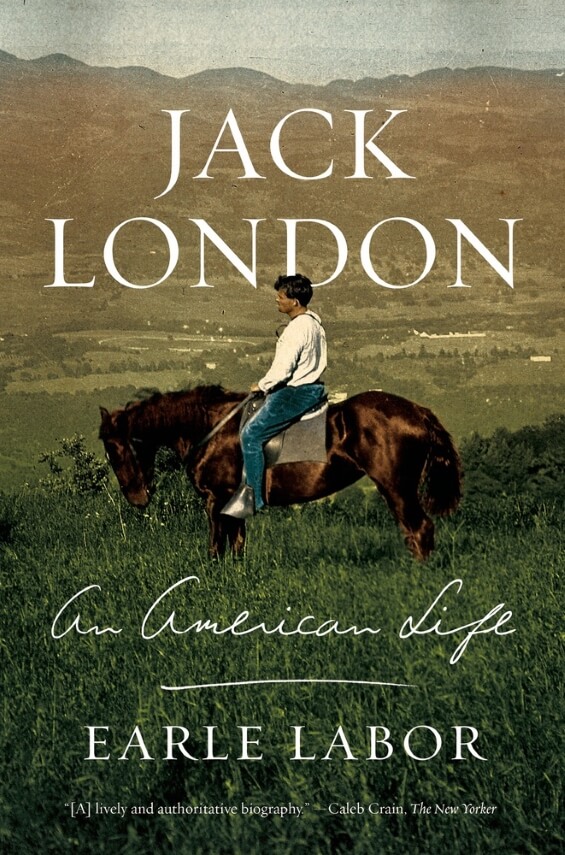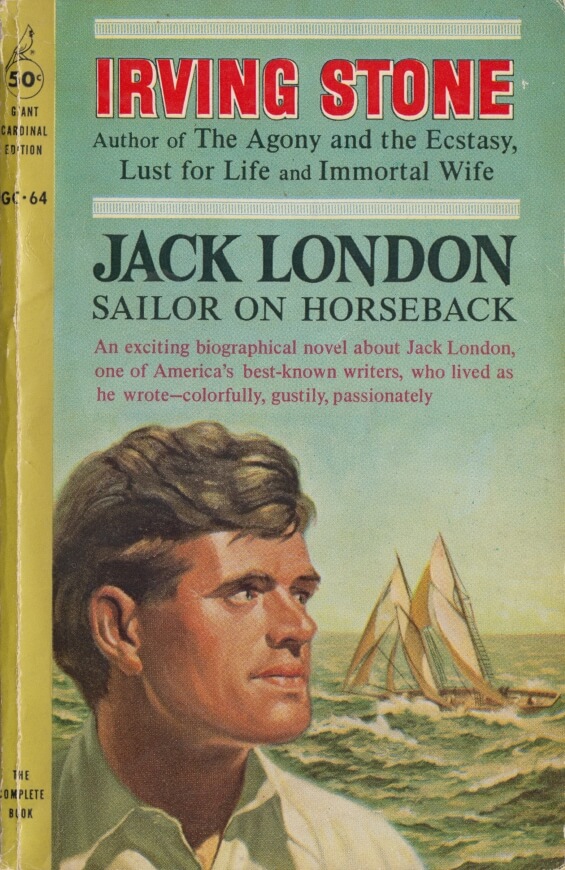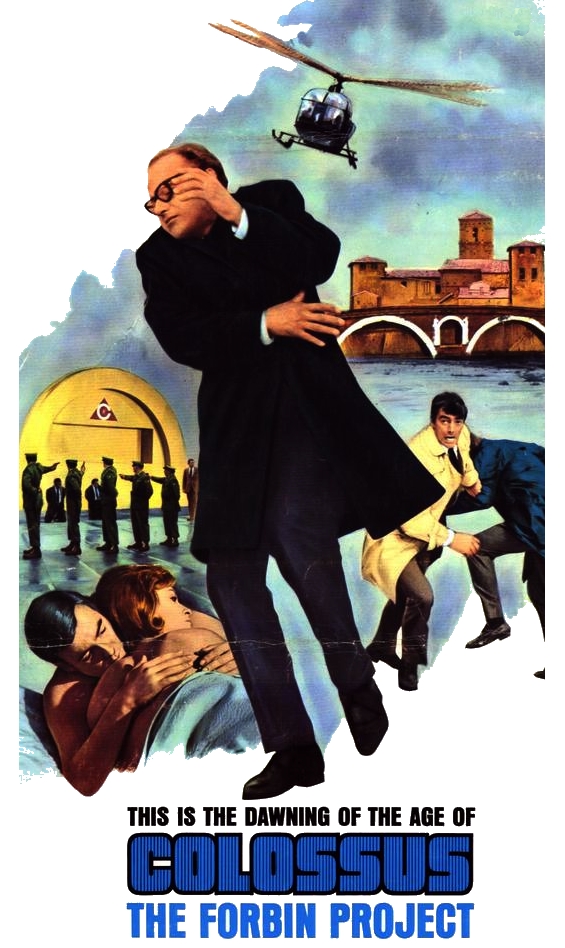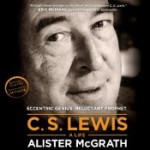
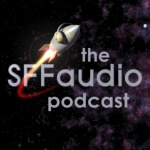 The SFFaudio Podcast #540 – Jesse, Paul Weimer, Marissa VU, and Evan Lampe talk about the NBM Graphic Novel Philip K. Dick: A Comics Biography by Laurent Queyssi and Mauro Marchesi.
The SFFaudio Podcast #540 – Jesse, Paul Weimer, Marissa VU, and Evan Lampe talk about the NBM Graphic Novel Philip K. Dick: A Comics Biography by Laurent Queyssi and Mauro Marchesi.
Talked about on today’s show:
NBM Graphic Novel, we gotta do this, H.P. Lovecraft, as fascinating as, Evan was disappointed, it’s not Philip K. Dick’s stories, major things missing, the meeting with Ridley Scott, I have my reservations, Dick’s opposition, understanding and insight, who is the audience?, if you know the Easter Eggs…, who is it for?, documentaries about Philip K. Dick, somethin trippy, the visualization of Point Reyes, happy little Philip K. Dick with his science fiction magazines, the chronology, the flashforward, seeing the buildings, the architecture, we’re the audience for the book, so much missing, could it be improved by making it a lot longer?, an outline of events, a primer, a skeleton, the Thoreau one!, being in nature and being self-sufficient, you learn everything about Beethoven, [The Value Of Giving: The Story Of Beethoven by Ann Donegan Johnson and Steve Pileggi], an outline of Marie Curie, [The Value Of Learning: The Story Of Marie Curie by Ann Donegan Johnson and Steve Pileggi], Einstein For Beginners, Marx For Beginners, handing Lovecraft stuff to little kids, Philip K. Dick has teenage ideas, Jesse appreciating seeing the spaces, a secret, really well done, Jacen Burrows, the architecture, a real sense of the neighbourhoods, him at his typewriter, so cool, the very first page, pages unnumbered, December 1981, showing up at some airport with a new girlfriend, Evan is more worried about the script, in the screening room, everytime you turn the page there’s a black ceiling, the last page, March 2, 1982, a model of the neighbourhood, I think Ursula (K. Le Guin) was right, Small Town, living in a set, The Days of Perky Pat, that zoom out, then it’s the world!, every ceiling is black, attention to comics paneling, he was in town when Jesse was conceived, Willis, the skylights look like windows, something you can do in film or comics that you can’t do in a text biography, white, the Platonic thing he’s always thinking about, January 26, 1929, Phil, white space, the symbol for the platonic realm, that white page, outside with Mr. Tagomi, the graphic narrative, the colour, really beautiful, that whole posture and expression, they’re calling my name, Meemaw hiding in the bathroom, footnotes, quotation marks, exact dates, details, no androids, why isn’t there a spider in the mug?, three stigmatic, the same syndrome, focusing on Dick’s late stuff, stealing his mom’s pills, spray, big references vs. smaller stuff, Ubik, Exegesis, she would know he had a lot of wives, 18 year old Tessa sitting on his lap, drawn to the wordless panels, the dialogue was on the nose, stilted, engage and interpret, a little dry, outside of Art Music, better than a photograph, and yet, no TV repair, too short, more of what we’re getting?, Vince, the driving lessons from the FBI agent, you would have some questions, did this happen?, Solar Lottery, that’s a metaphor for his trying to get respectable, the New Statesman, H.G. Wells’ legacy, Tono-Bungay, dissing H.G. Wells was a bad writer, Philip K. Dick was a bad writer, clunky, The Variable Man,
even before the term “SCIENCE FICTION” existed the elites were shitting on SCIENCE FICTION and the people who read it (and the guy who basically invented it)
the literary books, important books about divorces, did he think it was really important – or did he want to change class, pettiness in spending time in his actual life, feeling ambivalent, totally could have happened, maybe that stuff is good, subtle things going on, a scriptural problem, how to solve it, the excitement on Philip K. Dick’s face, the latest issue, A.E. Van Vogt, my kingdom, Return To Lilliput, Gustav Mahler, social anxiety, the judgement of the friend, the average person, appreciating it on a visual level, Jason Eckhardt’s illustrations and the framing device, a show, a stageplay, more information about Lovecraft’s life than we do about Philip K. Dick, our job isn’t to market the book, the Lovecraft biography was densely packed, his interactions with other people, internalization of events, a giant metal face in the sky, these two pages work incredibly well, the lines on the road, a modern setting, running to the shack, the connection, going to visit the father, a real incident, the ex-wife and the kid, Harlan Ellison, these things gotta be explained, who knows what Dangerous Vision is?, Riders Of The Purple Wage and Aye And Gomorrah, fan service, mutual success destroyed, how many scenes when he sits on the couch, sitting at the desk, we just don’t know (about his dad), this isn’t even fan service its just facts, a spit-take, a meet cute, it’s a fact we know about his life, the visualizations of the physical spaces, we don’t know the colour of the couch (unless its a plot point), the visual element, not one of us!, maybe Paul is the audience for this book, his personal life, the general outline, filling in those facts, an interesting visual language, Philip K. Dick’s house, google street view, the post-script, the big shock, stubbled face, standing in the glory of the his 1952-4 publications, The World She Wanted, Science Fiction Quarterly, Jack Vance and Isaac Asimov, Sir Francis Drake Hotel, a real hotel, Out In The Garden, ah ha ha haw, the idea that Sir Francis Drake got as far as these places, Dr. Futurity, time travel, that kind of detail, a little spike of “wow! that’s amazing!”, hey I’ve read your stuff, I guess we have to do that, going out to that shack is terrific, wives leaving him, a lot from Anne’s biography, a lot of letters, how funny he is isn’t in here, this is not a comedy it’s a tragedy, a little bit to self oriented, about his internal stuff, going to a Chinese restaurant, a 1949 store, the weirdnesses’ of H.P. Lovecraft, abbreviations, the snob in Jesse, what’s going on with his mom, yo?, a homosexual hangup, why is his dad absent, because you’re weak, like who?, is his dad gay?, a hidden biography, absent from this book, fatherless, surrounded by women, as a WWI veteran he had a gas-mask that might have frightened Philip K. Dick and sent his mind going, what the authors think the people care about, a good contribution if they could have nailed the later weirdness, those Valis novels, a set of ideas he was playing with, a bit opaque, Philip K. Dick wearing a cowboy suit, a lot of lying in that bed, that focus on the end, lying in bed dying of colon cancer, regular nightwalks, the value of seeing what those houses look like, Steen went to Philip K. Dick’s gravesite, why is he buried in Colorado?, an incident in Vancouver, his whole life is California, two trips to France, Ghost World (2001), Daniel Clowes style, the same kind of lifestyle, hanging out in the suburbs, about some weirdos hanging out, older men and younger women, a slice of the Ghost World comics, Steve Buscemi, that California aesthetic, a vibe that’s different, it’s its own thing, beautiful images, Cleo storming in, a few months later, Cleo what are you doing here?, you promised you’d bring me the car title, going to workshops for him, she’s walking toward the house, a green glow around her head, Jesse reads a lot of comics, if the art is terrible, a very delicate balance, a really good audiobook narrator cannot save a bad book, a number of problems, audience expectation, you should pick it up, you’re welcome!, Evan appreciates the daughters in this, the gun, visiting him in the hospital, when Nancy leaves him, the estate, they’re frauds, everybody is an asshole at some point in their lives, the portrait of a highly complicated man, friendly and difficult, he’s got his demons, I was sexually molested as a child, he might be wrong, that phenomenon, the McMartin trial, Tessa Dick’s YouTube channel, your eyes are closed to your son’s birth defect, to the doctor immediately, I’m in shock, I can’t even drive, this sort of thing is not a sign of divine revelation, bad recollection, Jesse’s recollection about who exactly he’d punched in the face, magic thinking of the horoscope kind, here’s another incident of that, delusions becoming reality, either he infected her or she infected them, a Folie à deux, [Heavenly Creatures 1994] Misadjustment by Philip K. Dick, the trials and tribulations of Julian Assange and Chelsea Manning, now when what we talk about what Chelsea Manning was doing, she was doing this when she was in the army, they all agree, when we all agree, weird dontcha think?, furry costumes, I’m really a fox, just really weird, a weird guy and a person who isn’t an immune, anti-creativity, the thing kids have that we lose when we grow up, so late in the day, falling out of the immersion, Paul makes a very meta move, a richer character for a life, on the couch a lot, what’s so fascinating about him, how his friends perceived him, tension and conflict, not consistent in real life, really cool, hairy back, that hairy monster, a good book.
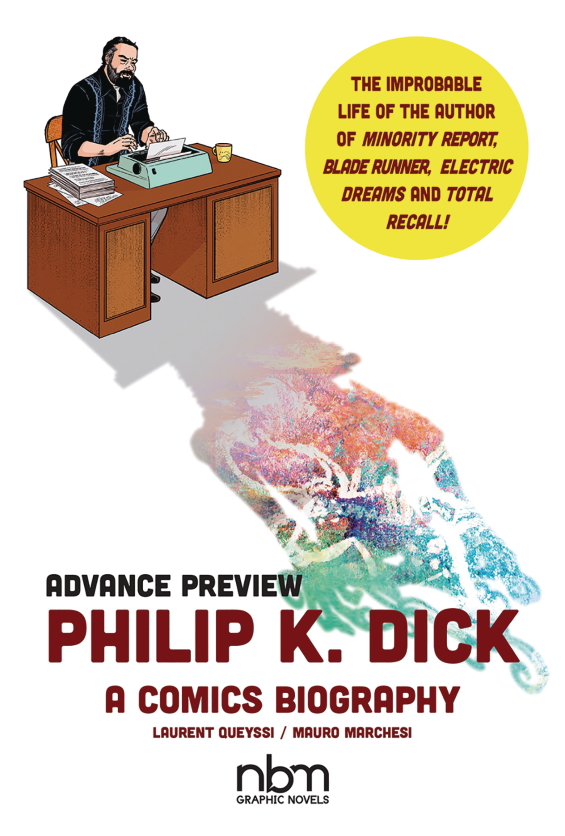
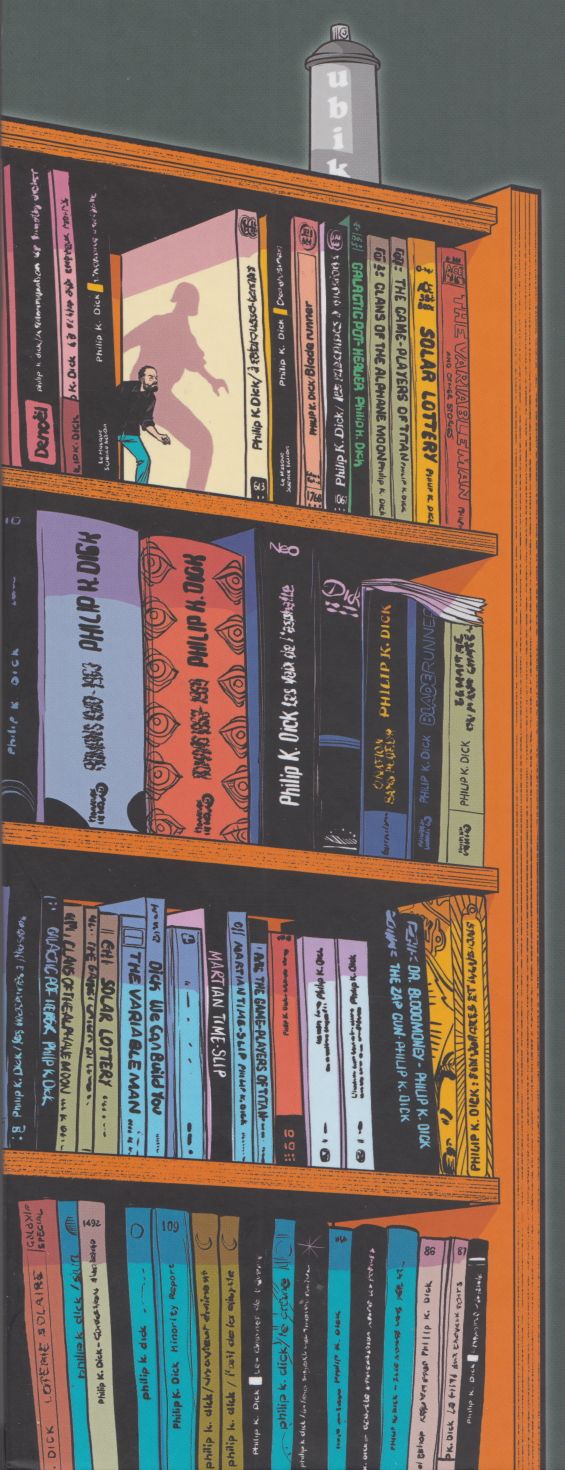
Posted by Jesse Willis

